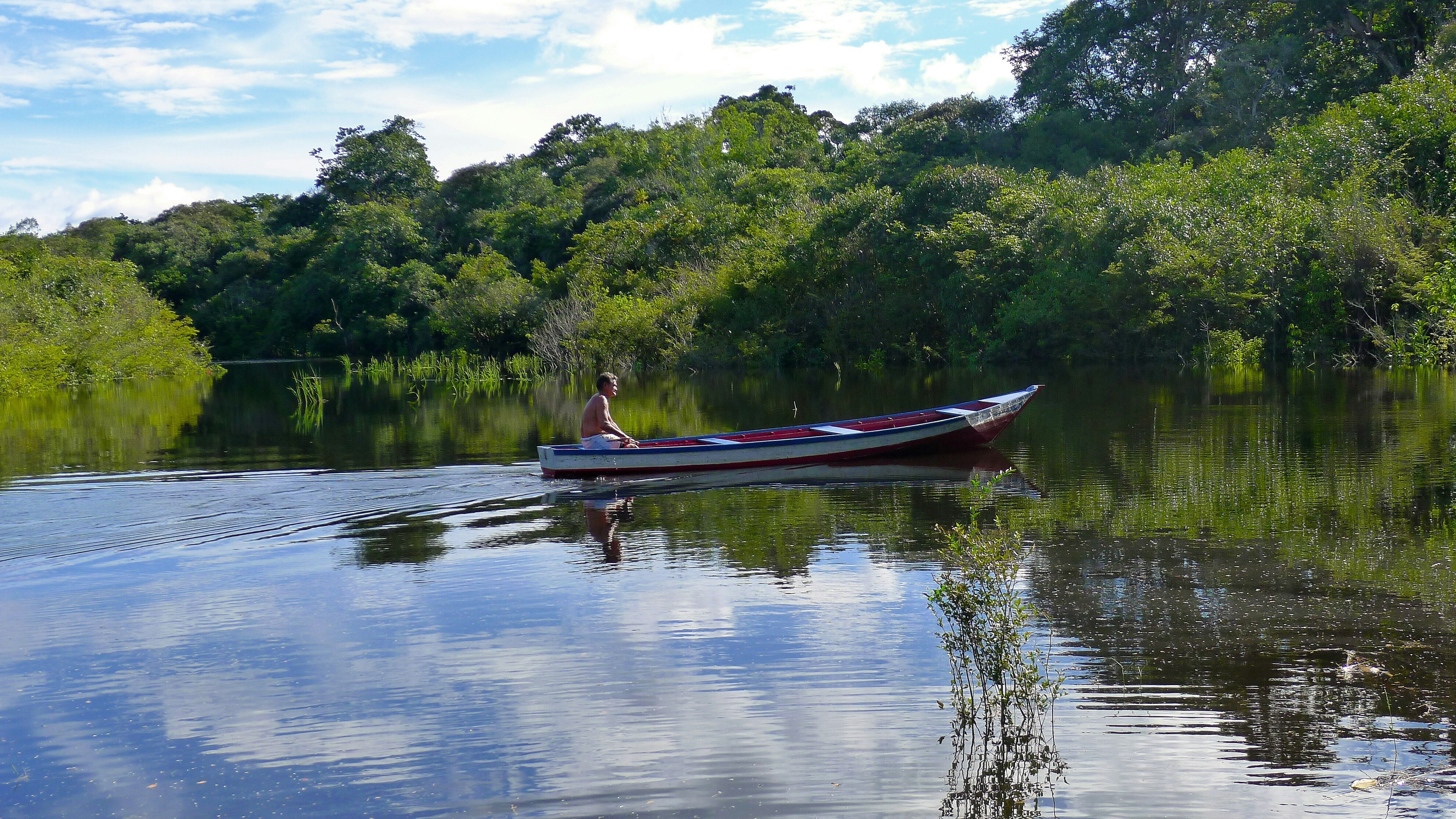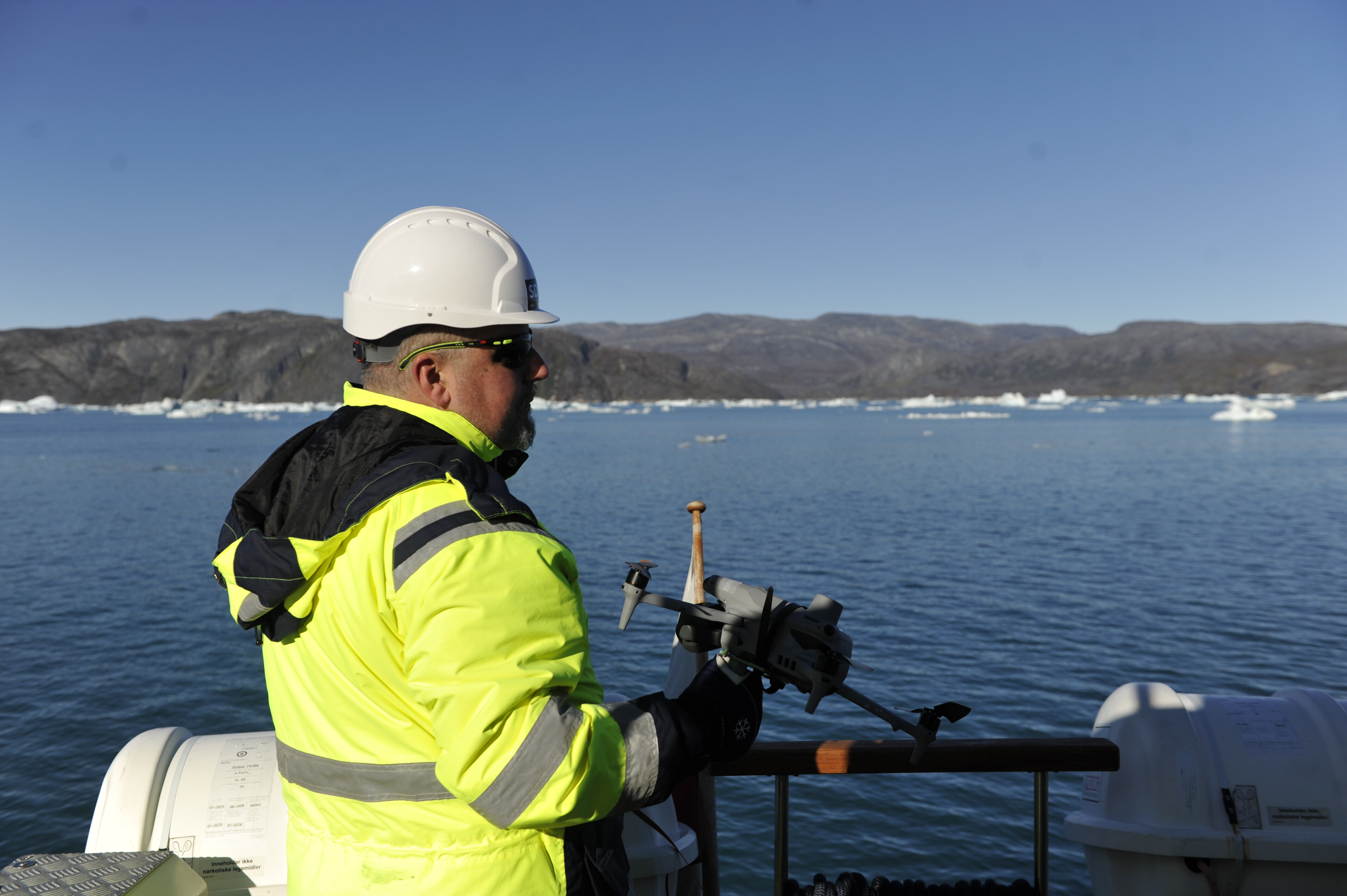Why climate change is hitting Africa’s farmers hardest of all

Climate change is affecting all regions of the globe. But some places, such as Africa, are more vulnerable to climate change’s devastating effects than others. This is particularly true because of the continent’s very high dependency on agriculture.
The Intergovernmental Panel on Climate Change assessed many studies that indicated that temperatures have risen by about 0.5 degrees Celsius over most of the African continent during the last 50-100 years. Minimum temperatures have also risen faster than maximum temperatures.
What this means for rainfall is less clear due to a lack of reliable data. Where rainfall records are available and sufficient to draw a conclusion, they indicate decreases in annual rainfall during the last 100 years over the western and eastern Sahel and along the coastal Mediterranean of north Africa, along with increases over parts of eastern and southern Africa.
How climate change affects agriculture
African economies are heavily dependent on agriculture. The industry employs 65% of Africa’s labour force and accounts for 32% of the continent’s overall GDP.
Agricultural performance has improved since the beginning of the century but the recorded growth is not enough to satisfy demand. In sub-Saharan Africa, agricultural GDP has increased from 2.3% per year in the 1980s to 3.8% per year for the period 2000-05.
This growth, which was mostly a result of an increase in the area of land under cultivation, has since stagnated. Both agricultural land and productivity must increase in Africa to reduce hunger and maintain a sustainable level of food security.
Increases in temperature and rainfall reduction associated with climate change will further reduce agricultural production and increase the demand for more land and water to compensate for climate stresses.
The degree to which climate change impacts agriculture depends on a number of factors. These include crop types, the scale of the operation, the farm’s commercial or subsistence profile, and the amount of natural resources.
How climate change affects food security
Assuring that all people have physical and economic access to sufficient, safe and nutritious food is a formidable challenge. This is not only the case in Africa, but also in other developed nations. The difference lies in the severity of the problem and the proportion of the population it affects.
The impact of climate change on food security will be greatest in African nations. Africa has the largest number of malnourished people, the fewest resources to adapt and the fastest growing population to deal with.
For example, Egypt expects a 15% loss from its wheat production with a two degrees Celsius temperature increase. Morocco’s wheat production will decrease sharply after 2030.
In North Africa, most countries import wheat and are therefore subject to price shocks, and droughts and production losses elsewhere. In sub-Saharan Africa, 95% of the food is grown under rain-fed agriculture. It is therefore extremely vulnerable to adverse climate conditions, projected to reduce rainfall and increase temperatures.
In developed nations, food security alleviated by providing targeted interventions, including direct food aid in the form of food relief, or indirect subsidies. These efforts have been successful in reducing food insecurity in developed nations but have had less success in Africa, which has an insufficient resource base and shorter periods of intervention.
Addressing climate challenges
Climate instability is already causing social unrest in many African countries. People are crossing deserts in Africa and seas to Europe in search of opportunity. The displacement of African people by climate change is an unjust consequence that is falling on those poor and vulnerable people who have contributed the least to climate change.
There must be big actions to match the effects of climate change given the size of the problem it poses. Several African countries are taking drastic action, including the promotion of renewable energy, energy efficiency, improvement of forest and range lands ability to store greenhouse gases, and adopting low carbon transportation modes.
For example, Morocco issued a National Plan against Global Warming in 2009. The plan is based on two pillars: evaluation of vulnerability and adaptation to climate, and mitigation of greenhouse gas emissions. In pursuing the latter, the plan sets out many actions to maintain a low-carbon development policy. It focuses on renewable energy projects – notably a 2000-megawatt solar project in its desert.
Some North African countries, including Egypt, Morocco and Tunisia, have implemented a United Nations Food and Agriculture Organiation initiative on water scarcity to apply new strategies to water resource management. These include water accounting, ranking options for future food supply in terms of costs and water requirements, and analyses that address water management for agriculture.
These large-scale mitigation options, along with education about climate change, could help alleviate the impacts of climate change on food security and agriculture in Africa – but there is still much work to be done.
This article is published in collaboration with The Conversation. Read the original article.. Publication does not imply endorsement of views by the World Economic Forum.
To keep up with the Agenda subscribe to our weekly newsletter.
Author:![]() Lahouari Bounoua is Supervisor, AST Remote Sensing; Senior Scientist at NASA.
Lahouari Bounoua is Supervisor, AST Remote Sensing; Senior Scientist at NASA.
Image:A Zimbabwean trader sells fruit and vegetables at a rural marketplace in Domboshava outside the capital Harare. REUTERS/Mike Hutchings
Don't miss any update on this topic
Create a free account and access your personalized content collection with our latest publications and analyses.
License and Republishing
World Economic Forum articles may be republished in accordance with the Creative Commons Attribution-NonCommercial-NoDerivatives 4.0 International Public License, and in accordance with our Terms of Use.
The views expressed in this article are those of the author alone and not the World Economic Forum.
Stay up to date:
Agriculture, Food and Beverage
Forum Stories newsletter
Bringing you weekly curated insights and analysis on the global issues that matter.
More on Climate Action and Waste Reduction See all
Sergio Mujica
November 19, 2025







